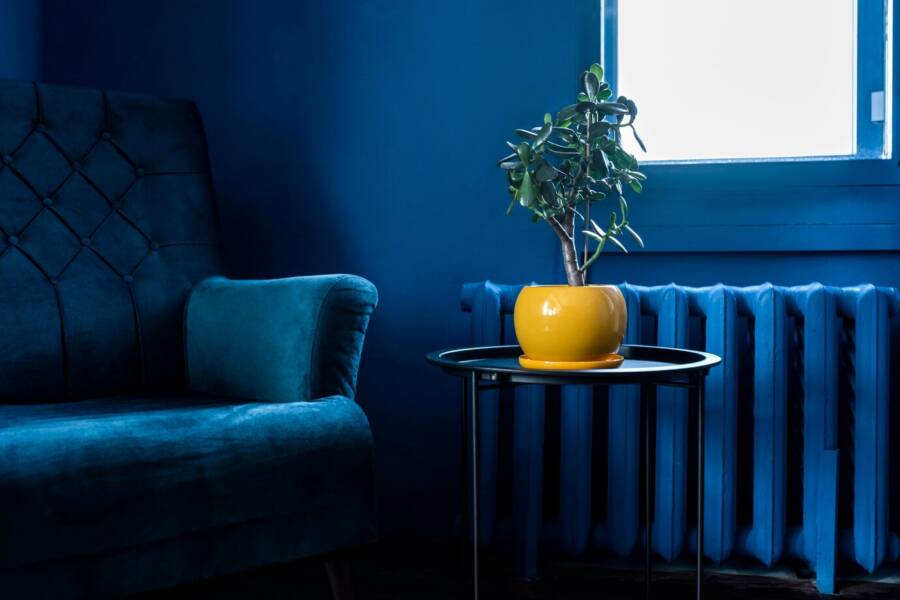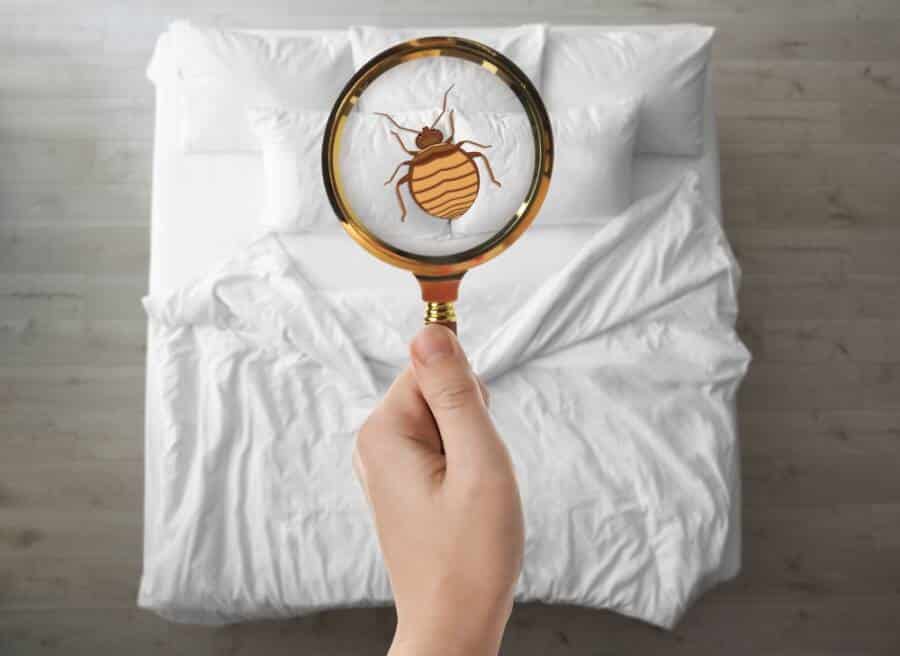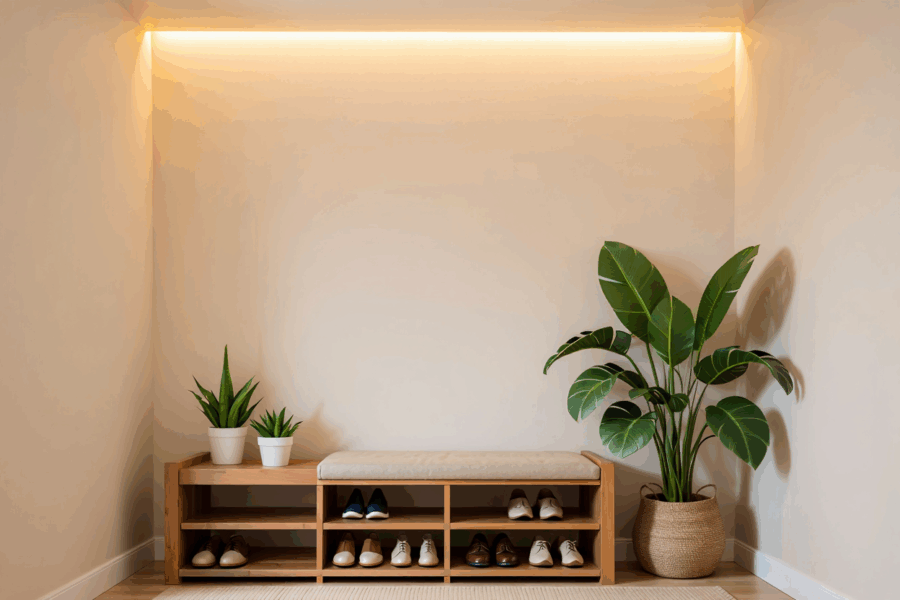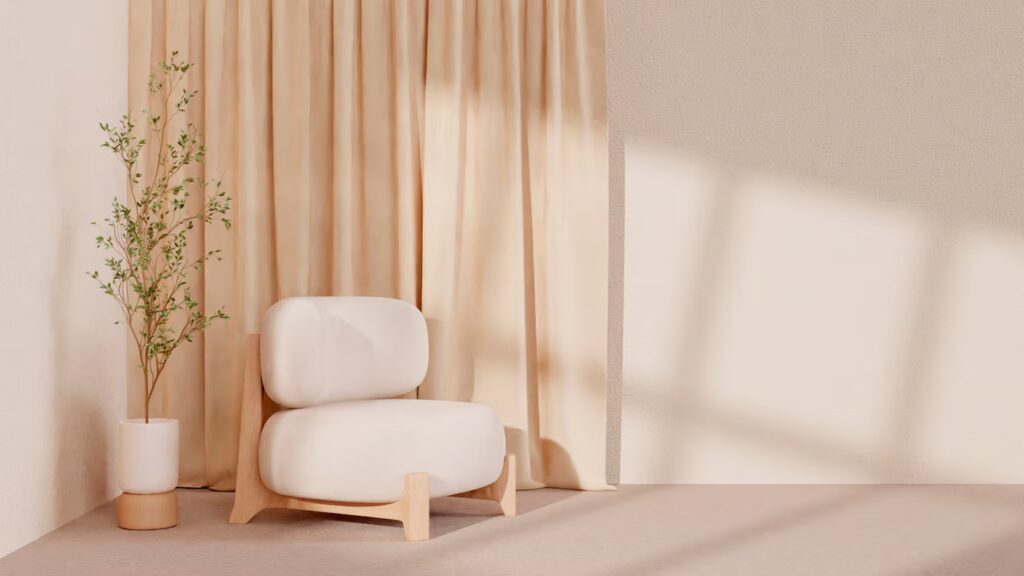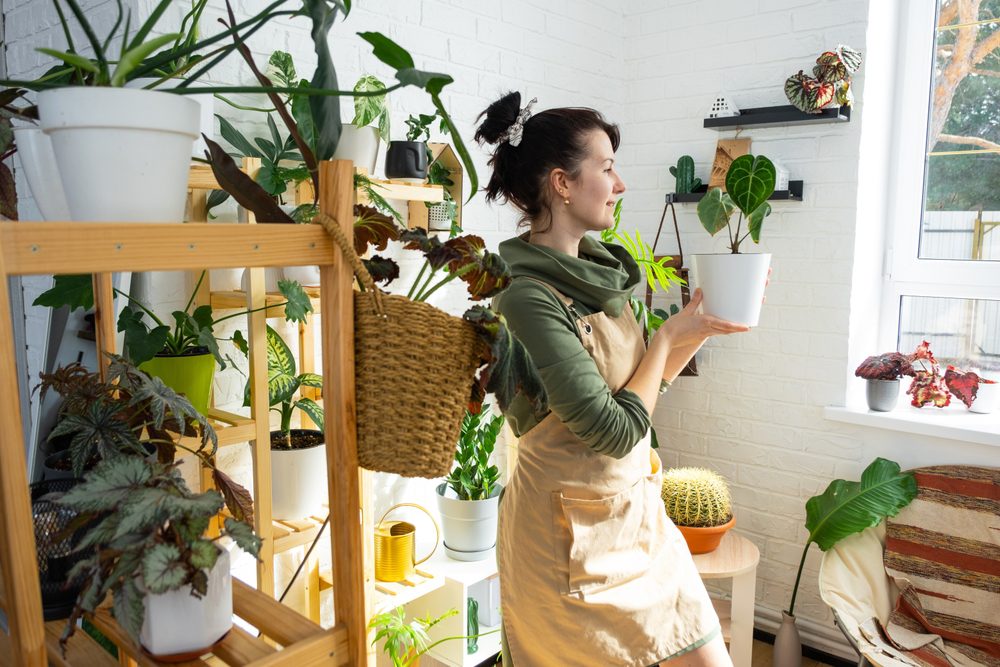
Tips on how to deal with allergies caused by houseplants
- First, you need to be selective and choose the right plants. Also, make sure you always ask the shop assistant if the plant you wish to buy grows flowers indoors. Flowering plants are known to produce pollen, which is one of the most common allergens out there. This is a great opportunity to do a little bit of research because some of your favorite blooming houseplants, like peace lilies, might have sticky pollen, which is less likely to become airborne.
- Prevent blooming by pinching off the buds. Indoor plants mostly have wide foliage with a couple of small flowers, even if they’re less likely to bloom because indoors they don’t get enough light. Well, pinch back any blooms if your plant produces them, so you can efficiently stop the pollen from spreading. Besides, this will definitely give your plant a growth boost, as flowering also requires more energy than foliage does for plants.
- Prevent mold growth by watering them the right way and providing them with enough ventilation. Mold can easily grow and make spores when there’s way too much moisture and not enough air circulation. If you want to keep allergens at bay, just avoid soil that’s too wet, and also make sure your space has enough airflow. Knowing your humidity levels could also help you avoid the growth of mold since black molds also require certain humidity levels of 65% or higher to grow.


